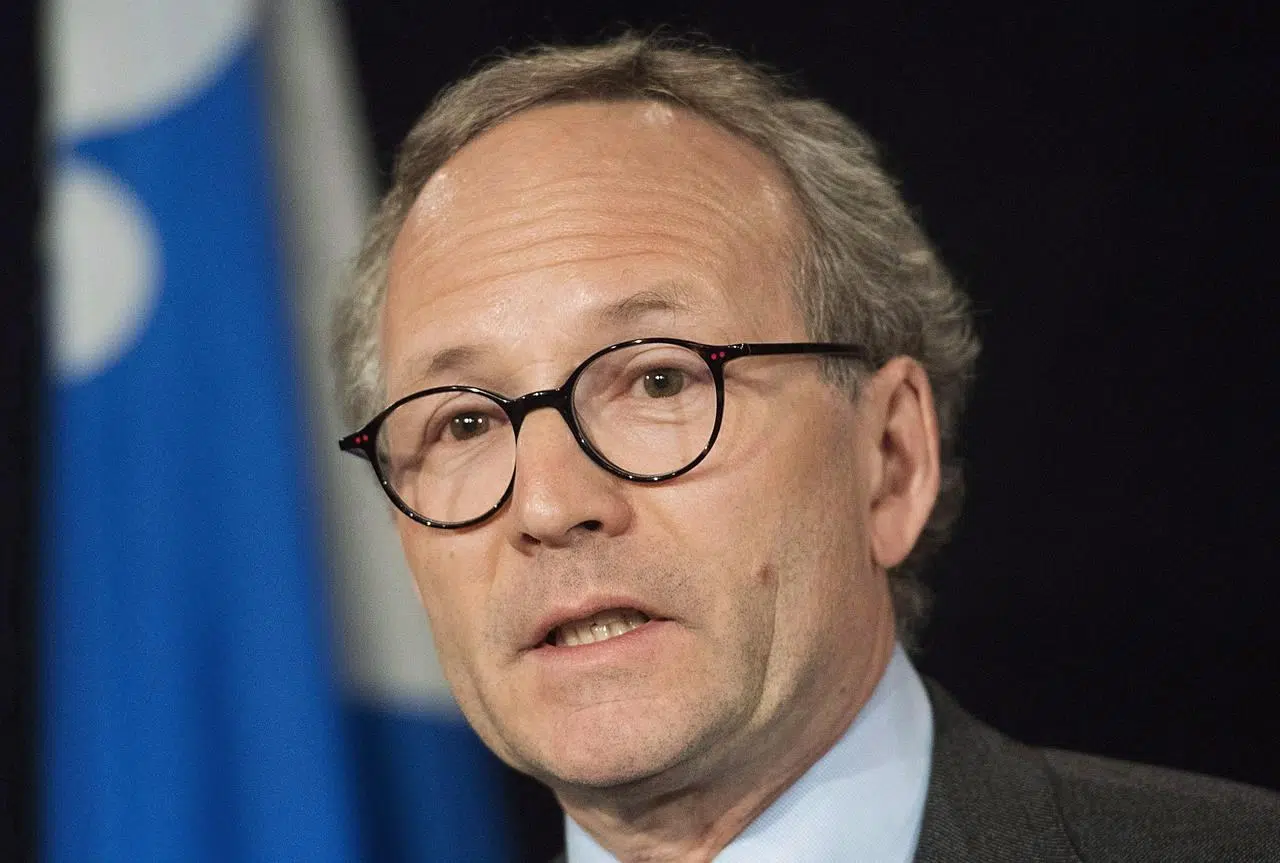
Money and politics: resignation announcements hit Quebec Liberals ahead of fall vote
MONTREAL — News that several Quebec Liberals won’t seek re-election this year has fuelled speculation the governing party’s boat is sinking, but former politicians caution against assuming that is the main reason behind the impending departures.
No fewer than 14 Liberal members of the legislature, including five cabinet ministers, have announced they won’t seek re-election. Four others, including two ministers and the Speaker, are also said to be considering their political future ahead of the Oct. 1 vote.
While Premier Philippe Couillard’s party is completing just its first mandate, the Liberals have been in power for 13 of the last 15 years and are polling consistently behind the Coalition Avenir Quebec.
Marlene Jennings, who represented a Montreal-area riding for the federal Liberals from 1997 to 2011, says money, rather than pessimistic readings of the polls, has more to do with some of the departures.


